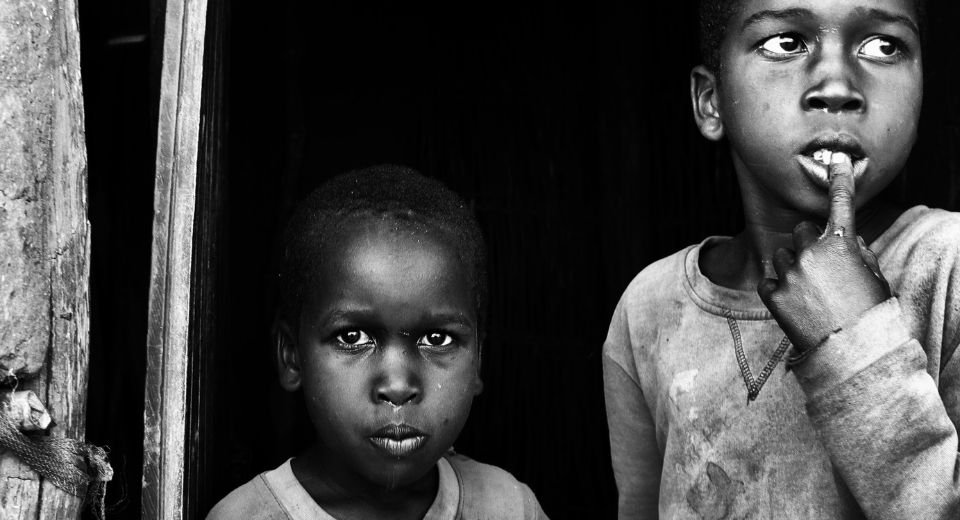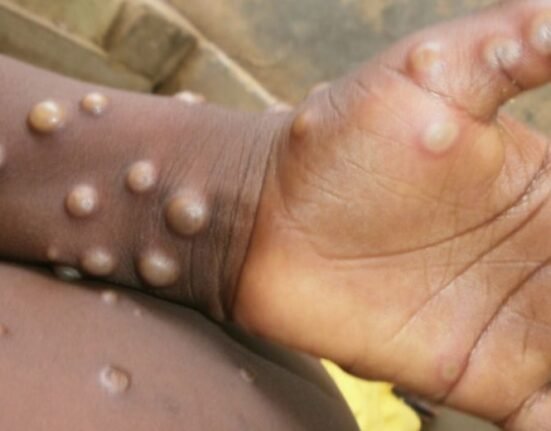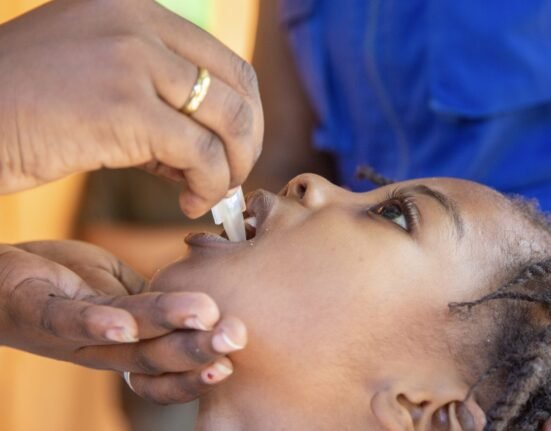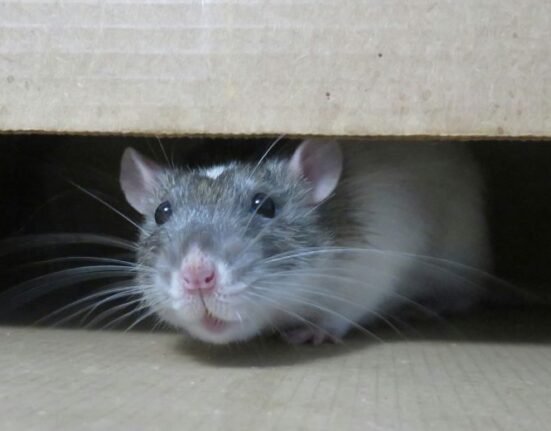HQ Team
August 21, 2024: The International Organization for Migration has appealed for $18.5 million in global aid to provide healthcare services to migrants, internally displaced persons, and host communities in East and Southern Africa at the risk of mpox.
The funds will be used to enhance the capacity to respond to the needs of these people by supporting prevention, and control measures, particularly at borders, according to a statement.
“The spread of mpox across East, Horn, and Southern Africa is a grave concern, especially for the vulnerable migrant, highly mobile populations and displaced communities often overlooked in such crises,” said Amy Pope, IOM Director General.
“We must act swiftly to protect those at the highest risk and to mitigate the impact of this outbreak on the region,” she said.
Public health emergency
The World Health Organization declared mpox a public health emergency of international concern on 14 August due to the rapid spread of the new strain of the disease.
MPXV (monkeypox virus) clade Ib is a new strain of MPXV that emerged in Congo and “is transmitting between people, presumed via sexual contact, which has been spreading in the eastern part of the country,” according to the WHO.
There are over 15,000 suspected cases in the Democratic Republic of the Congo alone, including 537 deaths, according to the WHO. Other cases have been confirmed in Burundi, Kenya, Rwanda, South Africa and Uganda.
The disease is transmitted from animals to humans and spread by close contact with infected individuals or animals, through respiratory droplets, blood, body fluids, or lesions. Symptoms include fever, rash, headaches, sore throat, muscle aches, swollen lymph nodes, and back aches.
Response plan
According to the UN body, migrants, IDPs, and highly mobile populations in the region tend to be at far greater risk of infection due to their living conditions, and mobile and transitory lifestyles, which can greatly limit their access to health and medical care.
The body’s appeal, preparedness and response plan are designed to reduce the risk of exposure to the disease for these vulnerable groups, according to the statement.
“The funding would further build the capacity of national health-care workers and front-line responders, and enable the identification of high-risk areas to ensure effective monitoring of the disease and reduce its spread across borders. “








